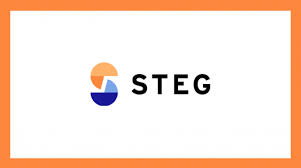A global resource on work, leisure and well-being
How people work and spend their time shapes economies and livelihoods — yet the data needed to compare these patterns across countries is fragmented. Work-in-Data tackles this problem by building harmonised micro-datasets that make global comparisons of work, time use, and employment possible.
Led by Charles Gottlieb and Markus Poschke, the Work-in-Data team harmonises household, labour force, and time-use surveys. Working directly with microdata allows us to go well beyond the aggregated indicators provided by international organisations. Our long-term goal is to create a fully shareable micro-dataset that levels the playing field for research and policy analysis.
At Work-in-Data, we conduct frontier research in economics and produce policy-relevant pieces that shed light on how work, time use, and labor markets shape livelihoods and economic development.
Our datasets
At Work-in-Data, we build two harmonised micro-datasets covering multiple countries and years:
Harmonised World Labor Force Survey (HWLFS)
A global micro-dataset built from more than 2,500 country-year surveys across 115 countries, covering around 500 million individuals. It provides up to 60 harmonised variables on demographics, education, employment status, and main and second job characteristics.
Harmonised World Time Use Survey (HWTUS)
A harmonised micro-dataset based on 143 time-use diary surveys from 50 countries, covering about 8 million individuals with up to 40 variables on time allocation, demographics, education and job characteristics.
Our mission
We use this data for frontier research in economics and the development of policy indicators. These findings are then made accessible to the public in short articles on this website, and academic working papers.
Our long-term goal is to give scholars, policymakers, journalists, and citizens better tools to understand how work is changing — and how it affects economic development and well-being around the globe.
Reach out if you want to learn more about work-in-data, contribute and join the journey!
Our funders
This project was made possible through generous funding from:

